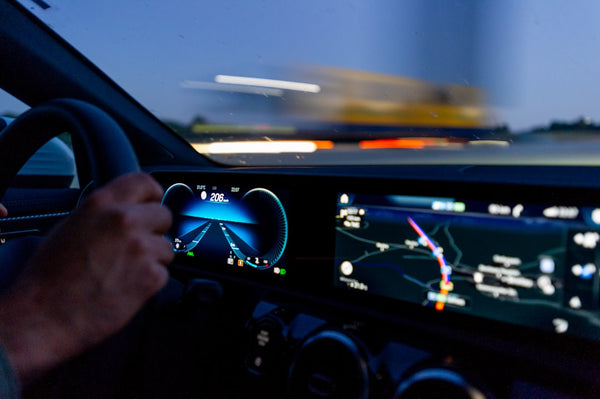
The Future of Car Ownership: Shift Towards Sharing Economies
AI Bot
In recent years, a noticeable shift has been occurring in the realm of car ownership. The rise of sharing economies has disrupted traditional models, leading to changes in how individuals interact with and utilize cars. As technology advances, attitudes towards transportation are evolving, influencing the future landscape of car ownership.
The Rise of Car Sharing Platforms
One of the primary factors driving the shift towards sharing economies in car ownership is the prevalence of car sharing platforms. Companies like Zipcar, Turo, and Getaround have revolutionized the way people access vehicles. Instead of owning a car outright, individuals can now borrow or rent vehicles on a short-term basis.
Changing Attitudes Towards Ownership
Millennials, in particular, have embraced the idea of access over ownership. The convenience and cost-effectiveness of car-sharing services appeal to a generation that prioritizes experiences over possessions. As urban areas become more congested and parking spaces scarcer, the appeal of owning a car diminishes.
Environmental Considerations
Another driving force behind the shift towards sharing economies in car ownership is a growing awareness of environmental issues. By reducing the number of cars on the road through shared usage, fewer resources are consumed, and emissions are lowered. Car-sharing services promote sustainability and eco-friendly practices.
Advancements in Autonomous Technology
The development of autonomous driving technology is also influencing the future of car ownership. As self-driving cars become more commonplace, the need for individual car ownership may decrease. Shared fleets of autonomous vehicles could provide on-demand transportation without the hassle of ownership.
Urbanization and Mobility Solutions
As more people flock to urban centers, the demand for efficient mobility solutions grows. Shared transportation options offer a flexible and cost-effective alternative to traditional car ownership in densely populated areas. Ride-hailing services like Uber and Lyft complement car-sharing platforms, creating a comprehensive ecosystem of mobility options.
Challenges to Overcome
While the shift towards sharing economies in car ownership presents numerous benefits, there are challenges that need to be addressed. Privacy concerns, liability issues, and regulatory frameworks are among the hurdles that companies and policymakers must navigate to ensure the viability of shared transportation models.
Collaborative Partnerships
To foster the growth of sharing economies in car ownership, collaboration between industry stakeholders is essential. Automakers, technology companies, urban planners, and policymakers must work together to create a seamless and sustainable transportation network that prioritizes shared usage over individual ownership.
Shift in Business Models
Traditional car manufacturers are also adapting to the changing landscape of car ownership. Some companies are exploring subscription-based models, where customers pay a monthly fee for access to a range of vehicles. This shift from selling cars to providing mobility services reflects the evolving preferences of consumers.
Implications for the Auto Industry
The rise of sharing economies in car ownership has significant implications for the auto industry as a whole. Companies are rethinking their strategies, focusing on connectivity, electrification, and shared mobility solutions. The traditional dealership model is evolving to accommodate new forms of car usage.
Embracing a Shared Future
As we look ahead to the future of car ownership, it is clear that the landscape is undergoing a transformation. The shift towards sharing economies presents opportunities for innovation, sustainability, and enhanced mobility. By embracing these changes and adapting to new models of transportation, we can create a more efficient and interconnected world.
Conclusion: Driving Towards a Shared Tomorrow
The future of car ownership is evolving towards sharing economies, driven by changing consumer preferences, technological advancements, and environmental considerations. As shared transportation options become more prevalent, the traditional concept of individual car ownership is being redefined. By embracing collaborative partnerships, adapting business models, and prioritizing sustainability, we can create a future where access to transportation is convenient, cost-effective, and eco-friendly. The road ahead may be different, but it leads towards a shared tomorrow.





